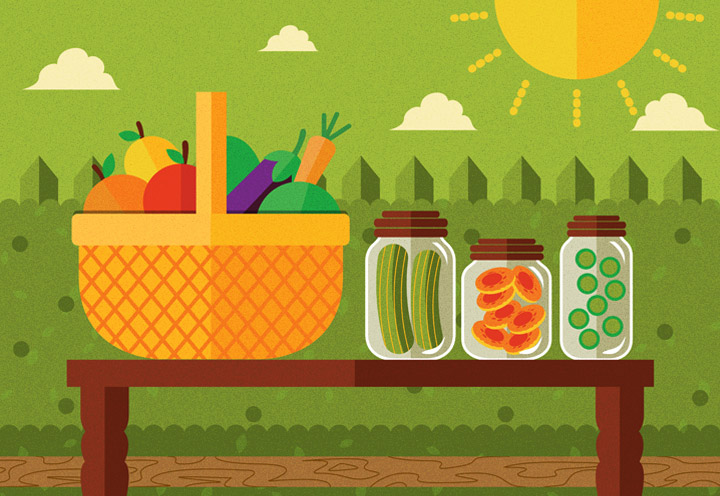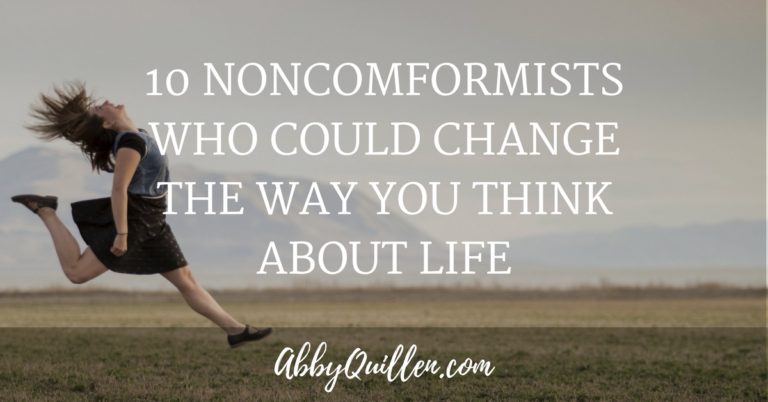Learning to Listen
“The first step in the acquisition of wisdom is silence, the second listening.” – Solomon Ibn Gabriol

Recently I wrote a post about acoustic ecologist Gordon Hempton’s search for natural silence, and something he said to a New York Times reporter caught my attention:
“When you become a better listener to nature, you become a better listener to your community, your children, the people you work with.”
We’ve become so good at blocking out the jarring sounds of our modern world – the sirens, jets, garbage trucks, lawn mowers, leaf blowers, honking horns, barking dogs, and blaring televisions – are we also ignoring each other?
Margaret Wheatley thinks so. She’s a writer, teacher and consultant, who travels the world advising organizations going through times of change and stress. She’s worked with the U.S. Army, Fortune 100 corporations, the Girl Scouts and numerous foundations, public schools, government agencies, colleges, churches, professional associations and monasteries. Several years ago she visited an organization I worked for, which seems to be in a constant state of tumult.
Wheatley says that our natural state is to be together, but we keep moving away from each other. And she thinks the reason for that is that we’re all trying to tell our own stories, but nobody is listening. In her book, Finding Our Way, she writes:
This is an increasingly noisy era — people shout at each other in print, at work, on TV. I believe the volume is directly related to our need to be listened to. In public places, in the media, we reward the loudest and most outrageous. People are literally clamoring for attention, and they’ll do whatever it takes to be noticed. Things will only get louder until we figure out how to sit down and listen.
Gordon Hempton says we can learn to listen by spending time in natural places and listening to silence. Wheatley says we should practice by approaching someone we don’t know, don’t like, or whose way of living is a mystery to us, and sit quietly and listen to what they have to say.
Could you keep yourself from arguing, or defending, or saying anything for awhile? Could you encourage the person to just keep telling you his or her version of things, that one side of the story? … I know now that neither I nor the world changes from my well-reasoned passionately presented arguments. Things change when I’ve created even just a slight movement toward wholeness, when I move closer to another through my patient, willing listening.
In 1971 activist John Francis saw two oil liners collide beneath the Golden Gate Bridge and decided to stop riding in and driving motorized vehicles. In the weeks afterward, he announced his decision to his friends and family and found himself in countless arguments. He soon got tired of fighting and decided to spend a day just being silent and listening. In his TED speech he explains:
So on this first day, I actually listened. And it was very sad to me, because I realized that for those many years, I had not been learning. I was 27. I thought I knew everything. I didn’t. And so I decided I better do this for another day, then another day … Well, that lasted 17 years.
While Francis was listening, he walked across the United States, got a PhD in environmental studies, and even taught university-level classes.
Lately I’ve noticed the healing power of listening in my own life. The other night my son resisted going to sleep. He lay tossing and turning, restless. We sang songs. We told stories.
“Are you scared of something?” I finally asked.
“Trash truck outside,” he said.
Our garbage had been picked up earlier, and we’d watched from the window as the truck’s mechanical arm lowered and snatched our garbage pails. “You’re scared of the trash truck,” I repeated.
“Yeah,” he said, and within minutes he was asleep. It made me reflect on all the times I was grieving or anxious or couldn’t sleep, and I told my husband about it, and he heard me, and that was enough.
Some believe just listening might even be enough to help heal some of the world’s most violent and entrenched stalemates. Participants of the Compassionate Listening Project travel to the Middle East to listen to Israeli and Palestinian people’s stories. Leah Green wrote about it for YES! Magazine in 2001:
After years of listening, it has become so clear to me: all are suffering, all are wounded, all want to live with security, justice and peace. All are worthy of our compassion.The question remains, how do we break the cycles of violence? Perhaps listening is one of the keys. I’m now holding the vision of a new, global listening movement.
What do you think? Have you experienced the healing power of listening? Do we need a global listening movement?


Hi: I prefer quiet; the sounds of nature, which are not always quiet, but compared to “civilization” it is very quiet out in the woods. I have too often in my life had the unpleasant circumstances of being captive to a neighbors deafingingly loud stereo system, accompanied by extremely loud hysterical laughter, the result I assume, of too much alchohol. Such people have absolutely no understanding that their behavior (noise) is obnoxious to others and is an encroachment on the rights of others. It often occurs when one is trying to sleep, adding to the aggravation. I suspect such people have no connection to nature and live in a civilization-induced noise tunnel. I believe such disconnection with nature is a large part of why we are allowing our planet to be destroyed for more oil and electricity from any source.
Thank you so much for your comment. I agree – I think connecting with nature and investing in a particular place are great first steps in stopping and reversing our more destructive, polluting, and noisy activities.
After years of struggling with my beloved, I went to a therapist. And talked. And she listened. I cannot describe the relief I felt, just having been listened to for one hour. It’s funny how when you speak about a problem, fear, or concern, it seems that much easier to bear, just because it’s not in you anymore, but out in the open.
I guess with so many people needing to be heard, there is a paucity of listeners…Thank goodness for blogs – A therapy of sorts…
– A therapy of sorts…
Thanks for sharing your story. It’s so true – sharing can be therapeutic, and I wonder if being the listener can be as well?
Yes, I have experienced the power of listening many times, both as listener and as recipient. The most poignant occurred many years ago, when a friend simply held me and listened while I sobbed over a loss so profound that after several years I had yet to come to terms with it. She was the first person in all those years who simply listened, who didn’t try to fix “it” or me, who didn’t try to soothe me while I wept, and who simply let it all be.
In listening and holding me, which in this instance was the perfect response, but is not always, she gave me the greatest gift. From that day, I have been healed of the intense, unrelenting suffering.
It only took one person listening, without judgment, comment, or advice–just listening with a whole heart. I have no idea why it worked–why it healed me–but my life changed from that day forward.
Thank you so much for sharing this moving story.
I have also experienced it many times and I agree wholeheartedly with the previous comment- it is so wonderful when a listener can refrain from giving advice or much commentary. It is absolutely a healing experience to feel heard. For me, it seems crucial to my well-being. And it is also rewarding when you can do that for someone else though I am amazed by how often I’m tempted to say something, give feedback or counsel- even when I know that just listening is the most helpful. I have to really be mindful to just let the person get it out and hear them and leave it at that.
I know what you mean. Listening seems like such a simple thing to do, but it’s deceptively difficult.
Sitting in a quiet place chatting with a friend over coffee is one of the greatest pleasures in life for me. And as Julie said, to have someone listen when you need to talk – your friend refraining from commentary …. is so important.
I’m currently at a crossroads in my life. Noise pollution is my biggest concern now. If I don’t find a quiet place to live, I think I’ll literally die. I’m not speaking of constructive noise such as mowers, leaf blowers, airplanes, etc. Trucks and cars with excessively loud exhausts and cars with subwoofers are causing me to isolate. I can’t go for a walk anywhere in town without being assaulted by what I call Audio Terrorism. The noise comes through the walls of businesses, restaurants, even funeral homes.
I resent the aggressive drivers who have to go fast in order to make more noise. And the bass comes through the walls of my home. I can’t escape it. A friend told me to just ignore it but that’s impossible for me. My soul is dying from lack of exposure to Nature’s wonderful sounds. When I can go on vacation, I’m able to have quiet. That’s not often. For the elderly who are stuck in their homes having to endure this day after day – I can’t imagine.
With my apologies to the deaf community – if I could have the nerves in my hearing disabled, I’d do it today. That’s pretty radical and sad but it’s come to that.
The author stated that we’ve become so good at ignoring harmful sounds – I wish I could say that. This post may have strayed from the subject and I apologize. But I do listen to my friends – to strangers in the supermarket and especially the elderly who have so much to say. People are fascinating.